on political art + equating taste with ethics
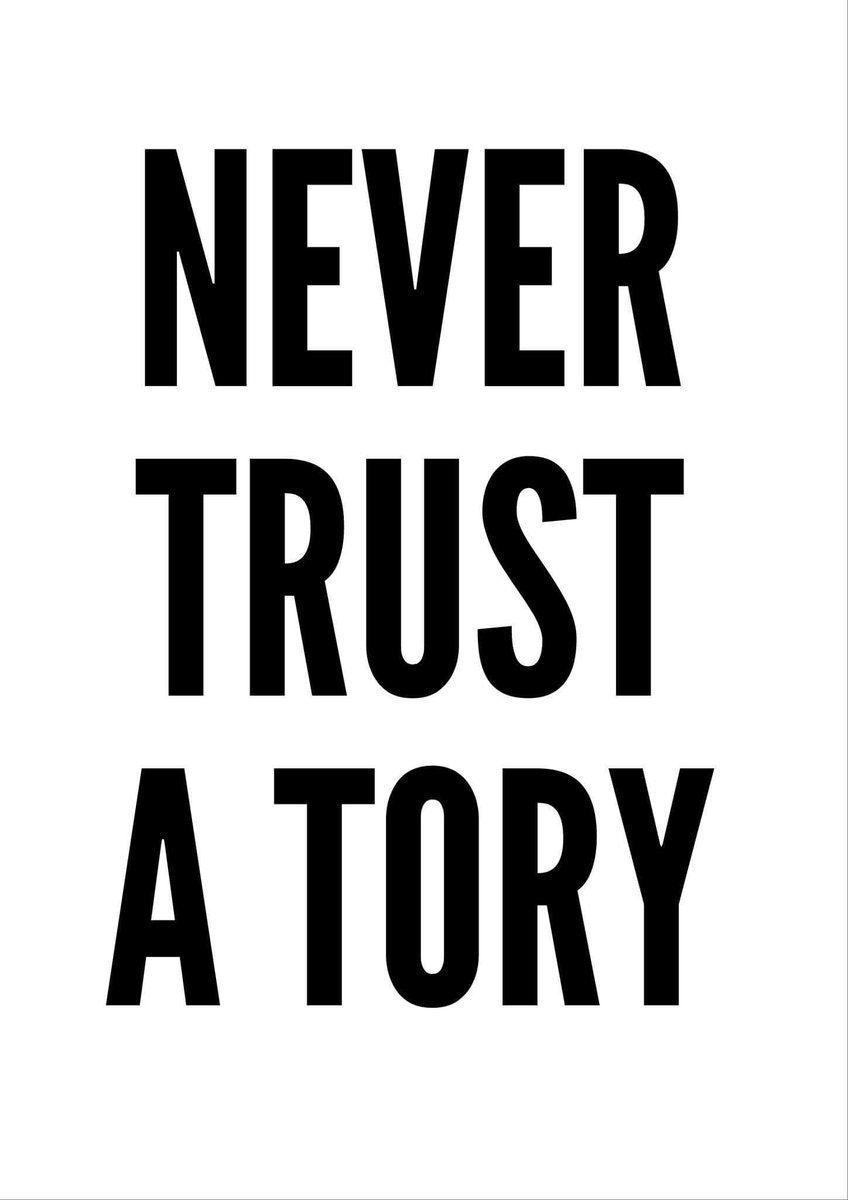
Alternate Sub-Heading: When introducing Jeff Rosenstock, Seth Meyers said, “what we need now is great punk music” and, well, that feels just a little too close to “well at least we’ll get great music out of the next four years!”
I’ve been thinking about some recent platitudes to the effect of “punk is inherently leftist” or “you can’t be punk if you’re racist, sexist, homophobic, transphobic, etc” and how people involved in arts connect the things we like with our view of “good” and “bad” people. I’ve also been thinking about the limits of protest art and art concerned with politics.
We want our favorite bands and celebrities to be “good” people and be political. We expect them to be on our side. We expect that since we’ve been impacted by art in a way that informed our political opinions and ethics that the people who make art we love— or who love the same art we love— have also adopted our point of view. And those who don’t like the stuff we like, well, they’re gonna be fundamentally different.
Punks expect country artists to be like the people that are perceived to like country music— racist, backwards hillbillies. Shocked when artists like Jedward have outward political or social views aligned with theirs. Shocked when the Alkaline Trio dude is a cop loving asshole. Shocked when another guy in another band they like is a violent abuser.
This treatment of taste and artistic inclination as indicative of something essential about politics or being a “good person” is not only a fundamental misunderstanding of how art interacts with politics but a line of thought which allows dangerous behavior to thrive.
I’ve spoken to people who credit a band like The Clash with radicalizing them through lyrical content or the way the band speaks. I think my opinions have been pushed left through exposure to ONSIND or Jeff Rosenstock and the ideas they push. This feeling introduction to ideas through music is something powerful and valid and important, especially for young people. Credit where credit’s due for that introduction but there’s some important lines to draw.
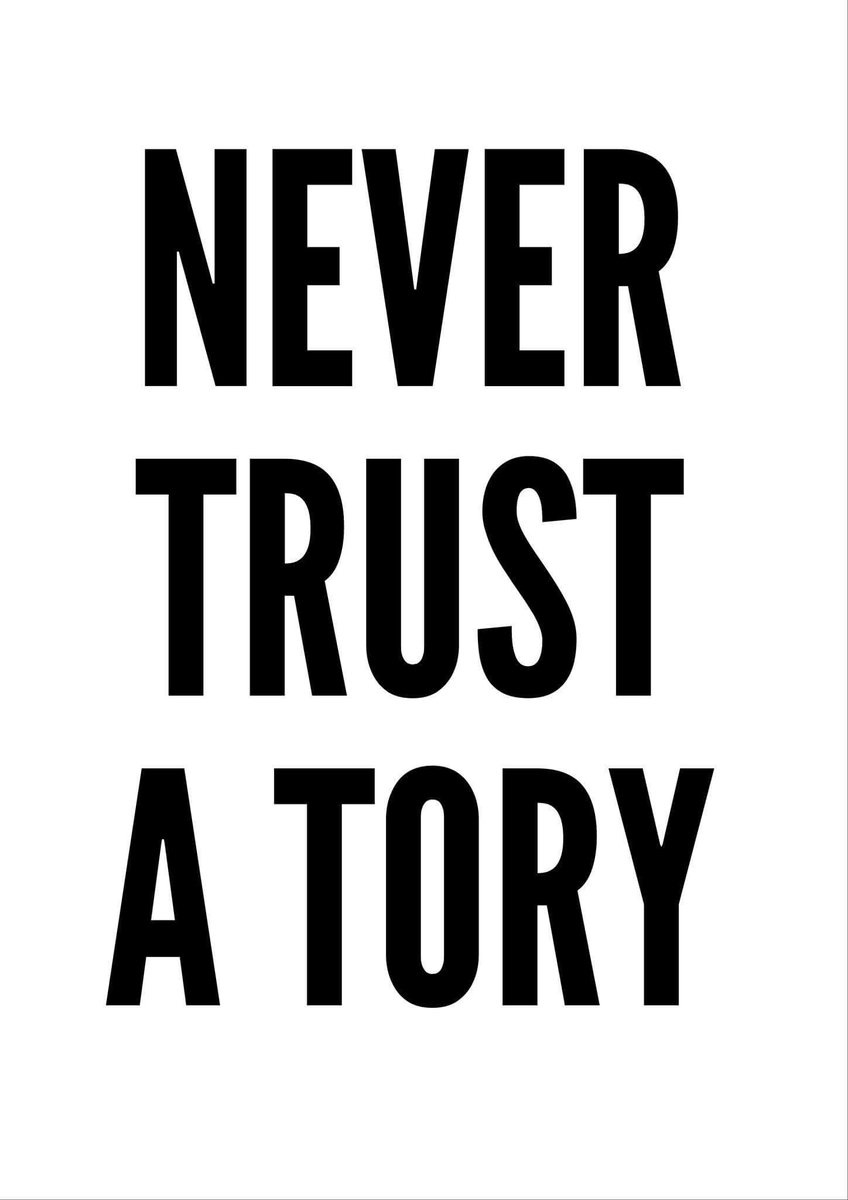
First, you probably haven’t adopted your politics and beliefs because you listened to a certain kind of music or a certain artist. The root of your personal motivations and beliefs is not the art you enjoy. There’s something to be said for hearing a song and it resonating with you but the root of why it resonated is not in the music itself. It’s in your experience or your perception of the world. Maybe nobody had ever presented it in that way or maybe it’s giving words to what you’ve been feeling, but the music is not what did it. That’s proven everyday when bands with political messages get responses to tweets telling them to stick to music from people who like their band. You might see that as cognitive dissonance, and you’re probably right, but it goes to show that there is no moral barrier to enjoying the musical stylings of a certain person.
Boiling your experience and beliefs down to “well I heard this song and it has informed my view on politics ever since so that’s why I’m a leftist/anarchist/communist/socialist/whatever” isn’t based in truth. Interrogating why you have the beliefs you do goes so much further than just what media you consume.
No band can teach you to believe something is right or wrong. They can tell you what they believe but to make you believe it? No. They have no power over how effective that message is on anybody else. Music taste is not a stand in for believing in something and that understanding starts with how we perceive the reason we hold our beliefs. Your experience may be shared with other people but that is not inherent and it should not be treated as such.
It all goes back to the idea that to be punk is to be anti-racist/homophobic/transphobic/sexist by design and if you’re not aligned with those ideologies then you’re not punk. That idea is firmly rooted in the false belief that you hold your fundamental beliefs because you’re punk— because you like a certain kind of art. Creating an identity around your taste and then loading that identity with extremely fundamental social and political beliefs which can be projected onto other people who share your taste.
Attributing anything fundamental about an individual’s ethics, morals, or politics to liking a band or artist whose art has a strong political or activist message is setting yourself up for disappointment at best. Alongside that, community is not merely having something in common with someone else. The problem with all of this is that “punk” attempting to be synonymous with “good person with good beliefs and politics” means people are able to rely upon that unearned assumption and prey upon others.
We see this a lot in online spheres in which people who enjoy similar things feel they’ve created a community and then it comes out someone is taking advantage of minors or has a history of abuse. Be it an artist or someone on twitter who has a lot of followers or someone who works at a label, these people exist in perceived communities consisting of people who are mostly distant and don’t know each other beyond tweets.
But community has got to be more than just liking something similar if we have a hope to curb abuse within music. Knowing people closely and being supportive and forging bonds is paramount to community. Existing in vague similar online spaces talking about DIY bands or whatever is not community. Community can come out of those online spaces but having something in common is the beginning not the end.
People can, and do, use the assumption that they’re good people because they like a certain kind of art to their advantage and convince people to trust them then they take advantage. These people can have “good” leftist politics. They probably retweet the right political messages. These people may know people that you trust or like or respect. Association is a deeply powerful tool.
I genuinely believe there is people out there who believe that good politics equals good person. There’s people out there who thing they are a good person incapable of hurting others because they’re leftists. Equating any facet of a personality— be it artistic taste or political alignment— with the ability to cause harm creates an environment which endangers everybody around.
Binaries like this serve no purpose. Good vs Bad doesn’t exist. Calling yourself punk or listening to a certain kind of music is not equivalent to being a good person. With that, art and taste can only go so far. Mainstreaming of more progressive politics is a good thing but that doesn’t make art about politics or protest any more effective on change.
We see over and over again that political art does not have inherent value when it comes to change. Artists can have influence— pushing people to register to vote for example or influencing fans to donate money to causes important to them— but that’s not a function of the art itself it’s a function of the way artists choose to conduct themselves as influential individuals. Politically charged art and entertainment can be massive and still have little real effect. Satire and political comedic commentary have had massive media presences since the Bush administration and what do we have to show for it? Alec Baldwin’s Trump impersonation? That art and popularity of it is obviously not going to change anything.
Music is no different. We wouldn’t call SNL activism yet we put so much of our identities into the things we like that we start to believe our identities and the things we like are a stand in for activism or responsibility to others.
I guess the point of this is to try to get people to untangle their personal beliefs and identity from the existence of punk and music spaces generally. I genuinely believe that conflating our taste with our ethics and politics means we project those ethics onto people who don’t deserve it and, combined with vague online community, has allowed dangerous behavior to thrive.
Weaponizing public perception of being “good” is intrinsic to endangering people— especially young people just trying to find genuine community and eradicating that starts with not
Be critical of yourself and those around you. Break down your perceptions of good and bad. Be conscious of why you’re putting trust in someone and when you’re projecting something undeserved onto them. Don’t assume anything about anybody and protect people around you.
We might like political songs and it might make us feel good to hear people bolster our beliefs but that’s somewhere to begin not to end.
Miranda Reinert is a zine maker and law student based in Philadelphia. She is looking for friends. Follow me on Twitter for more on music and other things like polling the emo community on where good pizza in Philly is: @mirandareinert. Thanks for reading! There is no goal, only work!
I’m probably never going to make this a paid model newsletter but you can donate to my ko-fi if you enjoyed this and feel so inclined!
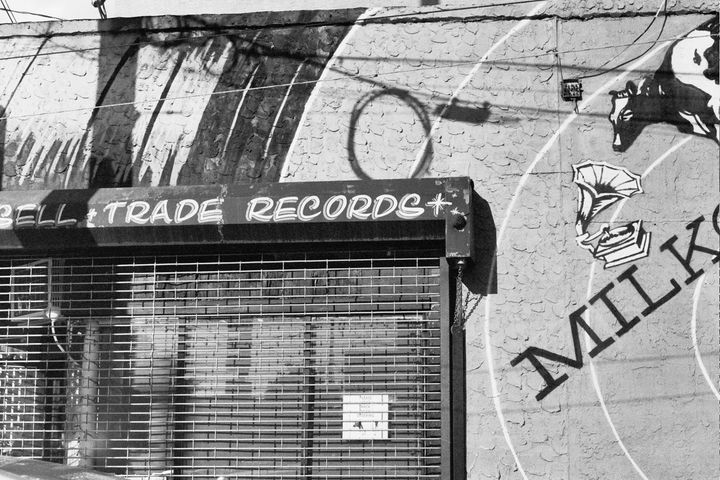
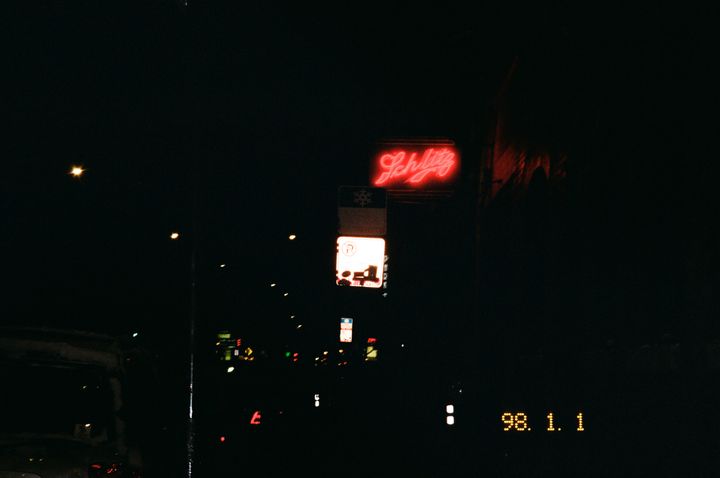
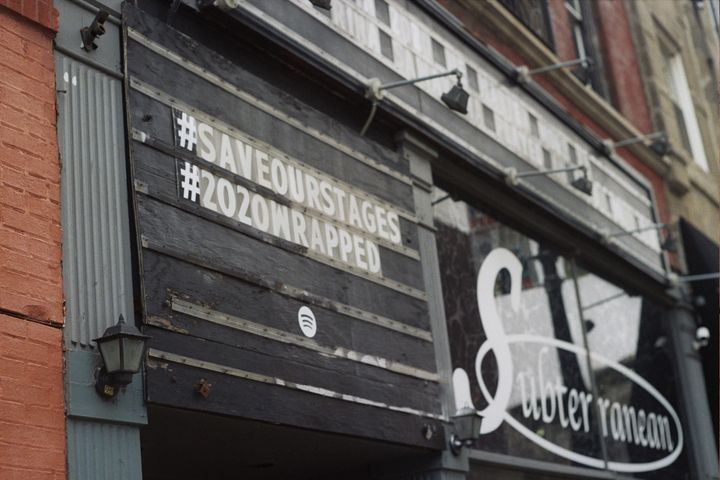
Comments ()